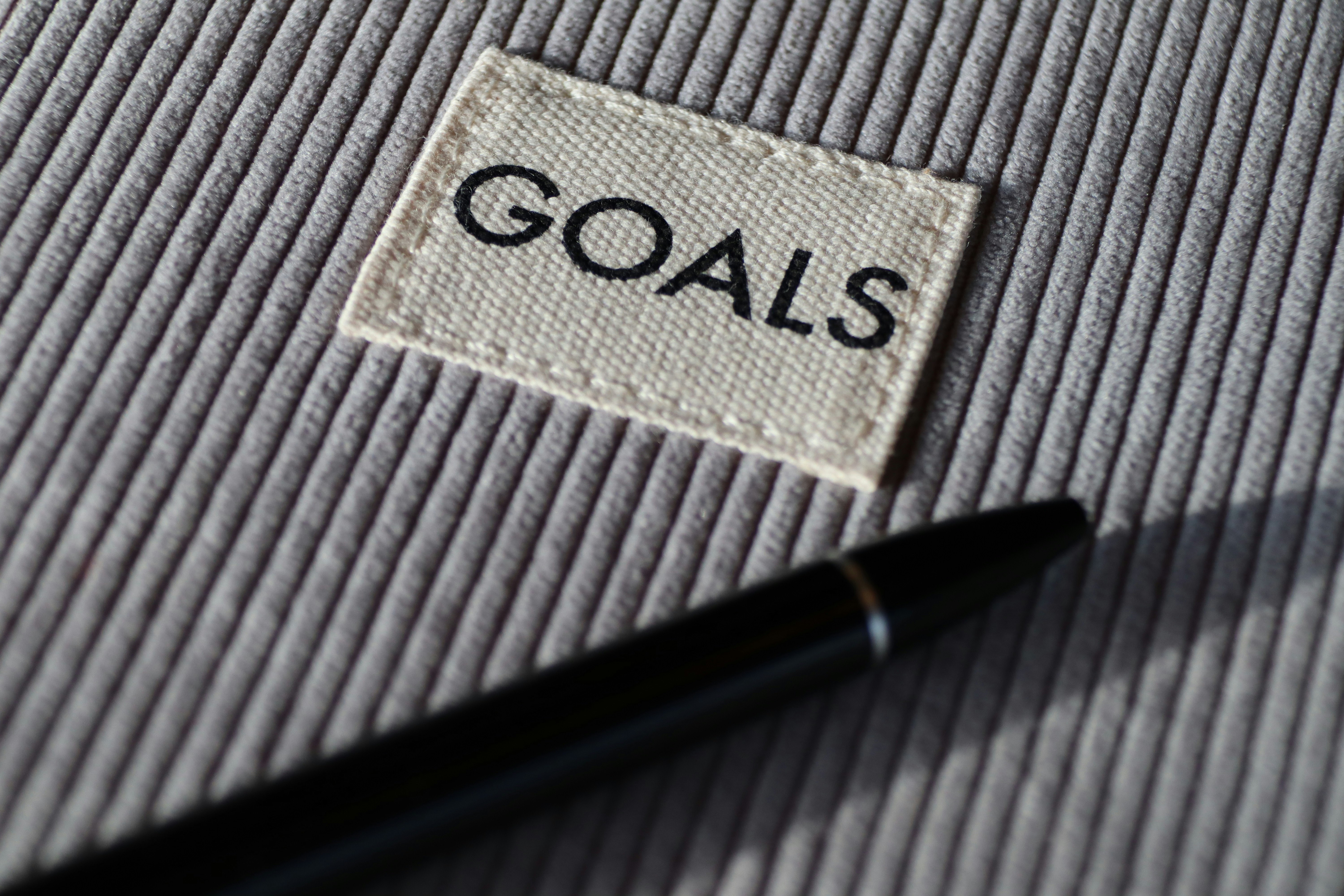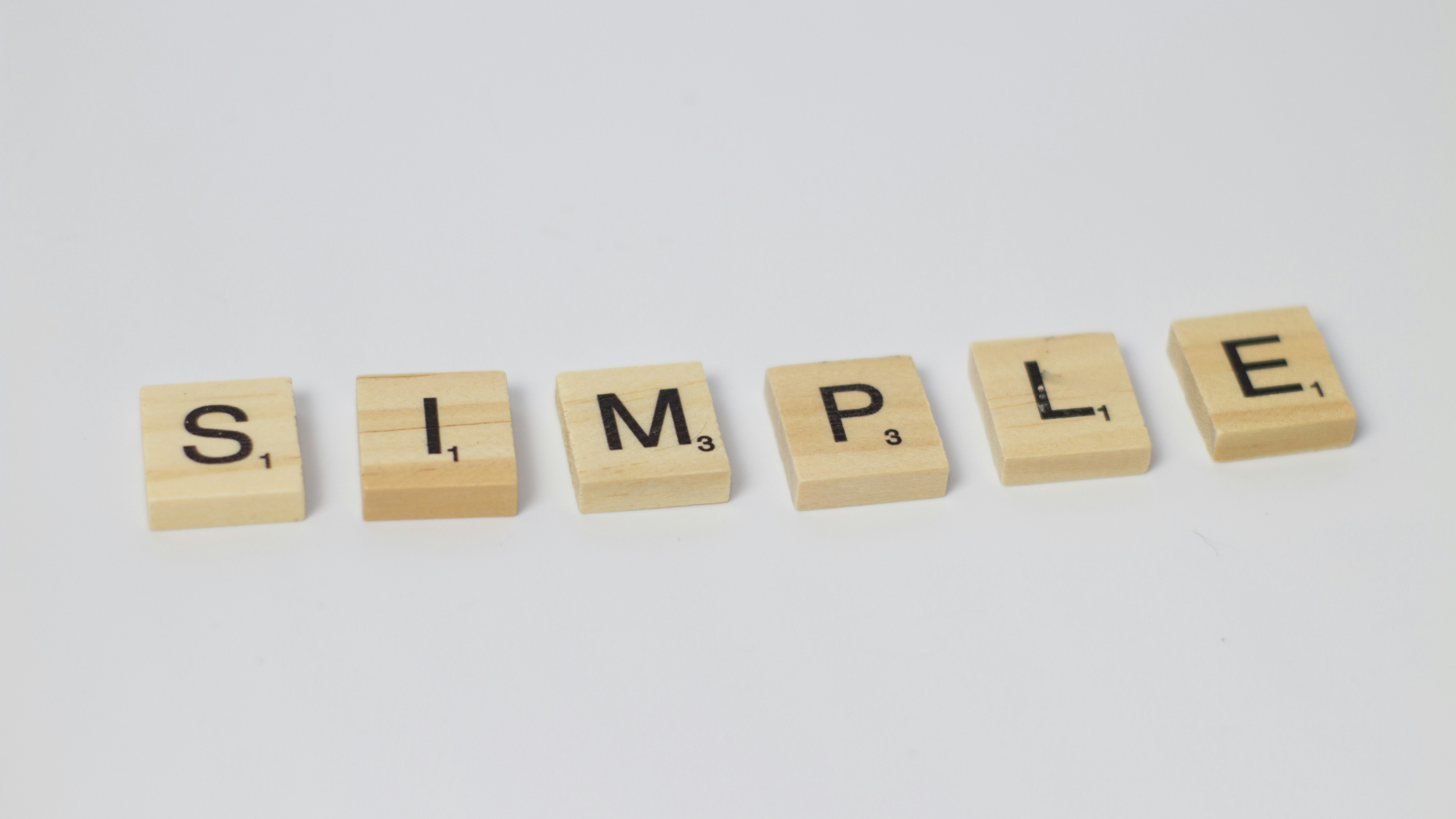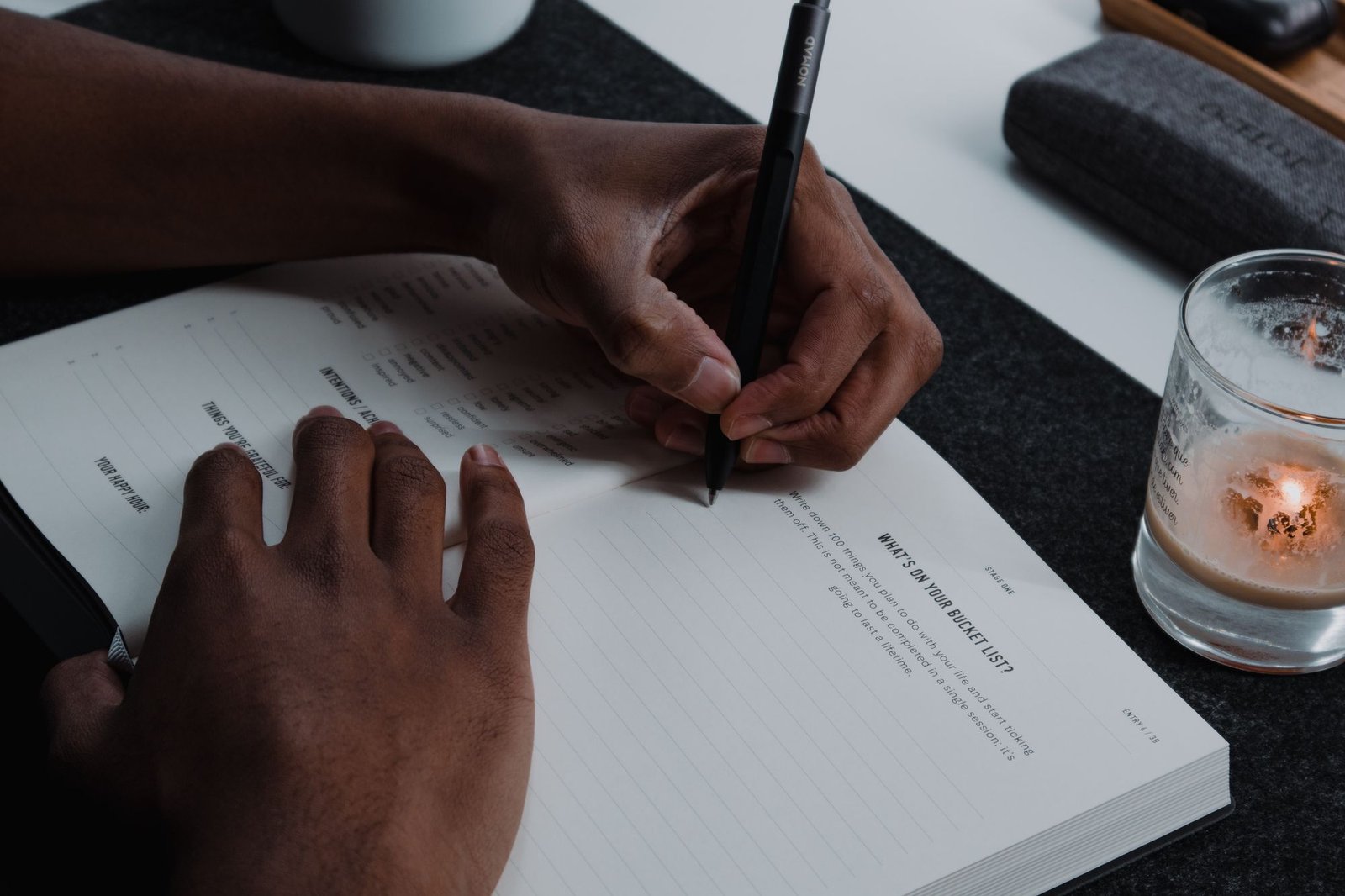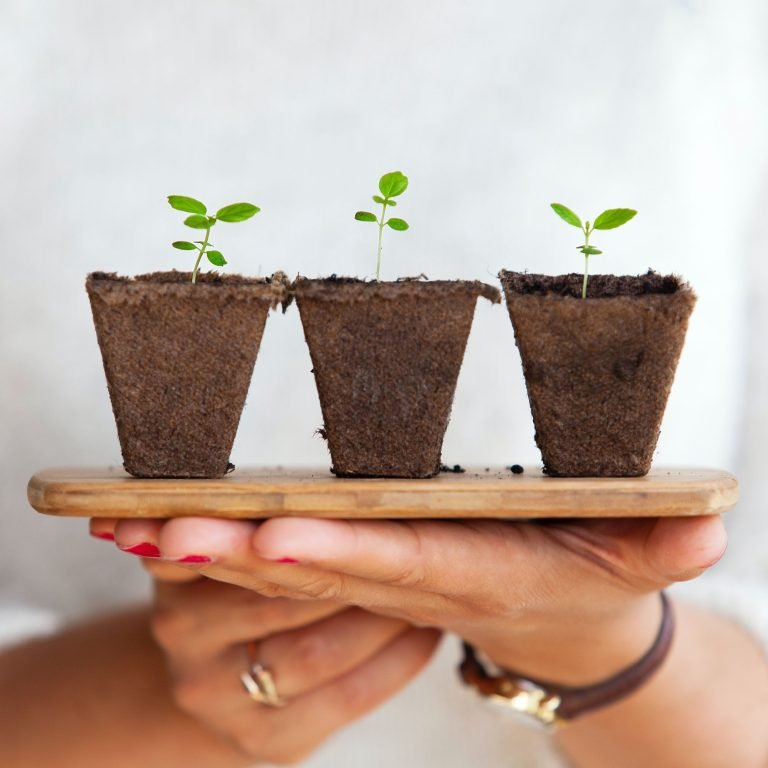5 Tips for Building Habits That Stick
Building habits can be a challenge, but it’s also gratifying. Whether you’re looking to improve your health, boost your productivity, or make your life more enjoyable, habits can be a powerful tool for helping you achieve your goals. However, it can be challenging to build habits that stick. So here are five tips that can help you build habits that last:
1. Start small
It’s important to start small when building habits, especially if you’re trying to build multiple habits simultaneously. Focus on one habit at a time and choose a small, manageable goal. For example, if you’re trying to develop a habit of exercising daily, start by committing to just 10 minutes daily. As you make the habit, you can gradually increase the duration of your workouts.

- Set small, achievable goals: When building habits, you must set small, attainable goals for yourself. It will help you build momentum and stay motivated, as you’ll be able to see progress more quickly.
- Focus on one habit at a time: It’s easy to get overwhelmed when trying to build multiple habits at once, so it’s essential to focus on just one habit at a time. It will allow you to give your full attention to building that habit and help you avoid feeling overwhelmed or burnt out.
- Gradually increase the difficulty of your goals: As you build a habit, you’ll want to increase the difficulty of your goals gradually. For example, if you’re building a habit of exercising every day, you might start by committing to just 10 minutes of exercise per day. As you build the habit and become more comfortable with the routine, you can gradually increase the duration of your workouts.
- Be patient: Building habits takes time, so it’s essential to be patient and keep going even if you don’t see progress immediately. Building a new habit can take several weeks or even months, so be patient and stay committed.
- Don’t be too hard on yourself: Building habits can be difficult, and it’s normal to have setbacks along the way. If you slip up or miss a day, don’t be too hard on yourself. Instead, focus on getting back on track and building your habit.
2. Make it easy
Building habits should be convenient and easy, so try to make it as simple as possible to incorporate your new habit into your daily routine. For example, if you’re trying to build a habit of reading every day, choose a book you can easily carry with you and read in small increments throughout the day.

- Choose a habit that fits your lifestyle: When building a new habit, it’s important to choose one that fits your lifestyle and is convenient to incorporate into your daily routine. For example, if you’re busy with many commitments, select a habit requiring little time or effort.
- Make the habit easy to do: Try to make the habit as easy as possible. For example, if you’re trying to build a habit of exercising every day, choose a form of exercise that is convenient and enjoyable.
- Keep the necessary materials close at hand: To make it easier to do your new habit, make sure you have all the required materials close at hand. For example, if you’re building a habit of reading every day, keep your book with you so you can easily pull it out and read whenever you have a few minutes.
- Set up a designated space for the habit: If your new habit requires a designated space, set it up in a convenient location. For example, set up a comfortable meditation space in a quiet location if you’re building a habit of meditating every day.
- Make the habit enjoyable: To make it easier to stick to your new habit, try to make it enjoyable. It could mean finding a form of exercise you enjoy or choosing a book you’re excited to read. You’ll be more likely to stick with the habit by making it enjoyable.
3. Use triggers
Triggers, or cues, can be a powerful tool for helping you build habits. By linking your new habit to a specific trigger, you can make it more automatic and easier to remember to do. For example, if you’re trying to build a habit of meditating every day, you might choose to meditate as soon as you wake up in the morning or immediately after you brush your teeth at night.

- Identify a specific trigger: To use triggers effectively, you’ll need to identify a particular stimulus that you can link to your new habit. It might be an exact time of day, a specific location, or a specific activity. The key is to choose a trigger that is already a part of your daily routine, making it easier to remember to make your new habit.
- Make the trigger obvious: The more prominent your trigger is, the more effective it will remind you to do your new habit. For example, if you’re using a specific time of day as a trigger, consider setting a reminder on your phone or placing a note in a prominent location to help you remember.
- Choose a consistent trigger: To be effective, triggers should be constant. It means choosing a trigger that co-occurs or is in the same location daily. It will help you build a consistent routine and make it easier to remember to do your new habit.
- Use multiple triggers: If you need help remembering to do your new habit, consider using numerous triggers. For example, you might meditate as soon as you wake up in the morning and again immediately after brushing your teeth at night. It can help reinforce the habit and make it easier to remember to do.
- Be flexible: While it’s essential to be consistent with your triggers, it’s also important. If you cannot do your new habit at the usual trigger time, feel free to adjust and do it at a different time. The key is to stay committed to building the habit and finding ways to make it work with your schedule.
4. Track your progress
It’s essential to track your progress when building habits, as this can help you stay motivated and on track. There are many ways to track your progress, including using a habit tracker app, writing down your progress in a journal, or simply marking each day on a calendar.

- Use a habit tracker app: Many habit tracker apps are available that can make it easy to track your progress. These apps often allow you to set goals, track your progress, and even set reminders to help you remember to do your new habit.
- Write down your progress in a journal: If you prefer a more traditional approach, consider writing down your progress. It can be a great way to reflect on your progress and stay motivated.
- Use a calendar: A simple and effective way to track your progress is to mark off each day on a calendar as you complete your new habit. It can be a visual way to see your progress and stay motivated.
- Set milestones: Setting milestones can be a great way to stay motivated and track your progress. For example, you might set a goal of completing your new habit for a week straight or reaching a certain number of days in a row.
- Celebrate your accomplishments: It’s important to celebrate your achievements as you track your progress. Whether completing a week of regular exercise or simply making it through a tough day without giving up on your new habit, it’s important to take the time to recognize and celebrate your progress.
5. Celebrate your victories
Building habits can be a long and sometimes complex process, so it’s important to celebrate your victories along the way. Whether completing a week of regular exercise or simply making it through a tough day without giving up on your new habit, it’s important to take the time to recognize and celebrate your accomplishments.

- Take time to reflect on your progress: As you build habits, it’s important to reflect on your progress. It can help you stay motivated and see the progress you’ve made.
- Set small goals and celebrate when you reach them: Setting small goals and celebrating when you reach them can be a great way to stay motivated and track your progress. For example, set a goal of completing your new habit for a week straight, and then celebrate when you reach that milestone.
- Reward yourself: Consider rewarding yourself when you reach a goal or make significant progress in building your habit. It could be something minor, like indulging in your favorite treat or taking a break to do something you enjoy.
- Share your progress with others: Sharing your progress with others, whether its friends, family, or a support group, can be a great way to celebrate your victories and stay motivated.
- Keep a positive attitude: Maintaining a positive attitude as you build habits is crucial. It means being kind to yourself when you have setbacks and focusing on your progress rather than dwelling on any mistakes.
Following these tips can build stick habits and help you achieve your goals. Whether you’re looking to improve your health, boost your productivity, or make your life more enjoyable, building habits is a powerful tool for helping you create the life you want.






